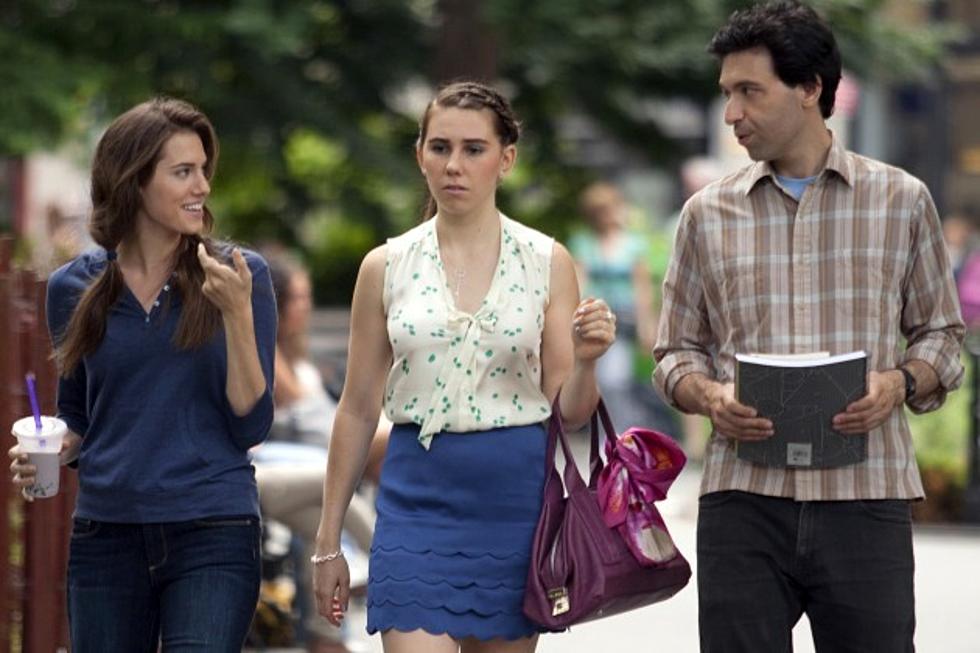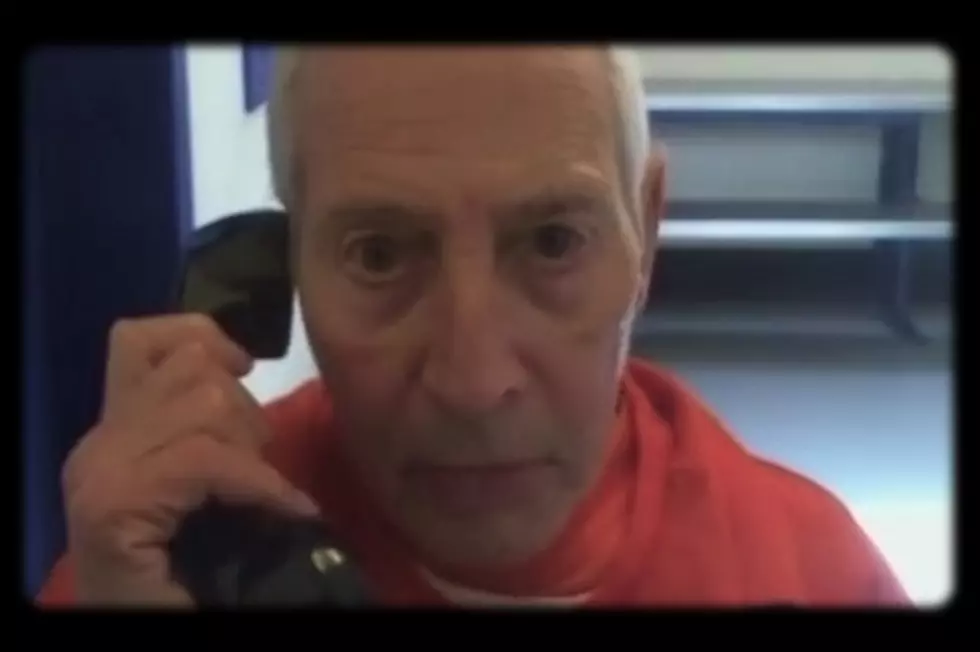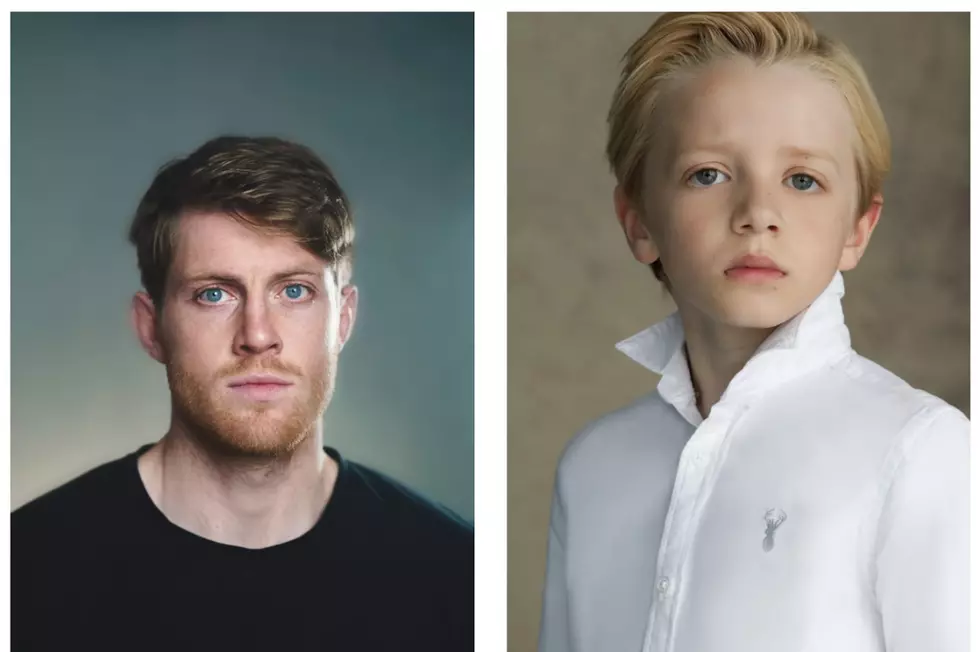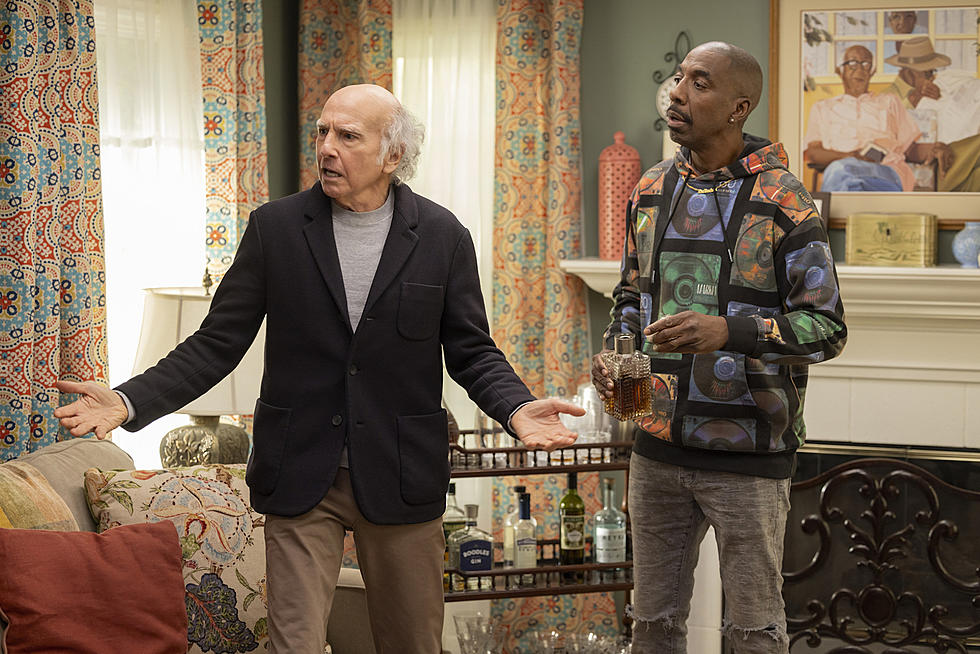
‘Girls’ Review: “It’s Back”
In relationships, people often evolve, and those changes can sometimes tear two people apart. This week's 'Girls' takes a look at the ways our characters are growing, for better or for worse.
Relationships between two people -- whether platonic or romantic -- can each independently exist as a sort of study in behavioral and evolutionary science. Two people with varying personalities, shades of emotion, and specific personal histories come together and all of the little atomic details that make up their being interact with one another to form bonds, clash, and react. But these interactions are unpredictable, no matter how much you think you know someone -- a fight you have or a situation you experience with a friend or boyfriend one day could be replicated with exact precision a week, month, or year later, with completely different results. And like all living things, we evolve over time, though that evolution is figurative and of the emotional variety. We can stick together through these changes, or we can break apart independently, but a break-up also comes with its own set of complexities.
Throughout "It's Back," I'm struck most by the way Lena Dunham and her writers are able to inspire feelings in the viewer that sort of replicate the complicated feelings we have during relationships as we experience this personal growth. We want Adam and Hannah to be happy, but we feel joy for Adam as he goes on a date with the daughter of a woman he met in AA (Shiri Appleby and the always amazing Carol Kane, respectively), and yet we want Adam and Hannah to be together. Are they good for each other or is this a relationship that needs to stay put in the garbage? As Hannah muses to her therapist (Bob Balaban -- another impeccable casting choice), she can't decide if Adam is the best person in the world or the worst person alive. And so it goes with so many relationships in real life as we consistently ask whether we're good for each other or if we're hurting each other; if we'd be better apart or together.
Sometimes you break up with someone because they aren't good enough -- they aren't trying hard enough at life and they've become complacent. You almost feel as though staying with them is hindering them more than helping them, even if you know that breaking it off would inevitably break their heart. Marnie leaves Charlie and here he is, months later, running his own app company with 11 employees and participating in inter-office lip dub videos. He's got money, success, a real job -- everything Marnie wished he would accomplish when they were together. But the unfortunate, obvious reality is that if Marnie hadn't broken up with Charlie, he never would have gotten his act together, a fact highlighted when he explains that his app was inspired by their break-up. (Side note: Charlie's app sounds amazing. Is this a real thing you can get for your phone? It's genius.)
Following her break-up with Adam, Hannah thought she had it all: a book deal, a job, and a nice apartment. We've known that Hannah has just been playing her own version of house, but this week the cracks in her foundation become exposed when her dormant OCD rears its ugly head, presumably inspired by Lena Dunham's own experiences with mild OCD (check out Dunham and producer Judd Apatow's episode of 'Iconoclasts' when you have the chance). During Hannah's falling out with Marnie in season one, Marnie called her out on masturbating eight times a night when she was younger, something we now realize wasn't a typical hormonal compulsion, but a very real psychological one. Hannah has to repeat behaviors in multiples of eight, like counting out foods or repeating phrases to herself in a mirror.
The resurgence of this OCD is made worse and also slightly alleviated by the return of her parents, who urge her to seek counseling. And maybe it is partially due to her book deal, but something tells me the sad look on Hannah's face while Judy Collins was up on that stage at the Carlyle was more about Adam than it was about anything else in her life, further cemented when the scene shifts to Adam's date, which is going pretty well.
But what about the couple that is still together? Shoshanna and Ray, cutest couple on the planet, are going through their own changes. Shosh doesn't feel she's getting enough personal time or seeing her friends very much, so she heads off to a college party, where her complaints about her problems are boring the hell out of her friend. Uncomfortable, she leaves and ends up making out with a very cute doorman, at which point my notes on this episode read something like, "NO NO NO NO NO, but yes? NO! But maybe...?" Shoshanna is realizing that just because she lost her virginity to Ray and became an item with him, doesn't mean that she's beholden to him for the rest of her life. The adorably naive and precious Shosh has an entire world to explore, and Ray knows there's a timer ticking down on this relationship -- like Adam said in "Boys," these two are like babies holding hands, and their relationship isn't exactly legitimate any more than Jessa and Thomas John, Hannah and Adam, or Marnie and Charlie.
Feelings are surprising -- they begin as a tiny seed of an idea, and the more you think about them, the more you feed their growth. They can be good or bad, but they are your feelings, and what we see in "It's Back" is the beginning of the end of Shoshanna and Ray. I'm calling it right now. But hopefully that doesn't mean the end of hilarious phrases from Ray, who had my favorite line of the week with his response to Shosh's friend calling rollerblades "vintage": "You're about to make me cry and I don't even know you." Strange, because that's how I feel toward just about everyone on this show lately.
More From ScreenCrush









